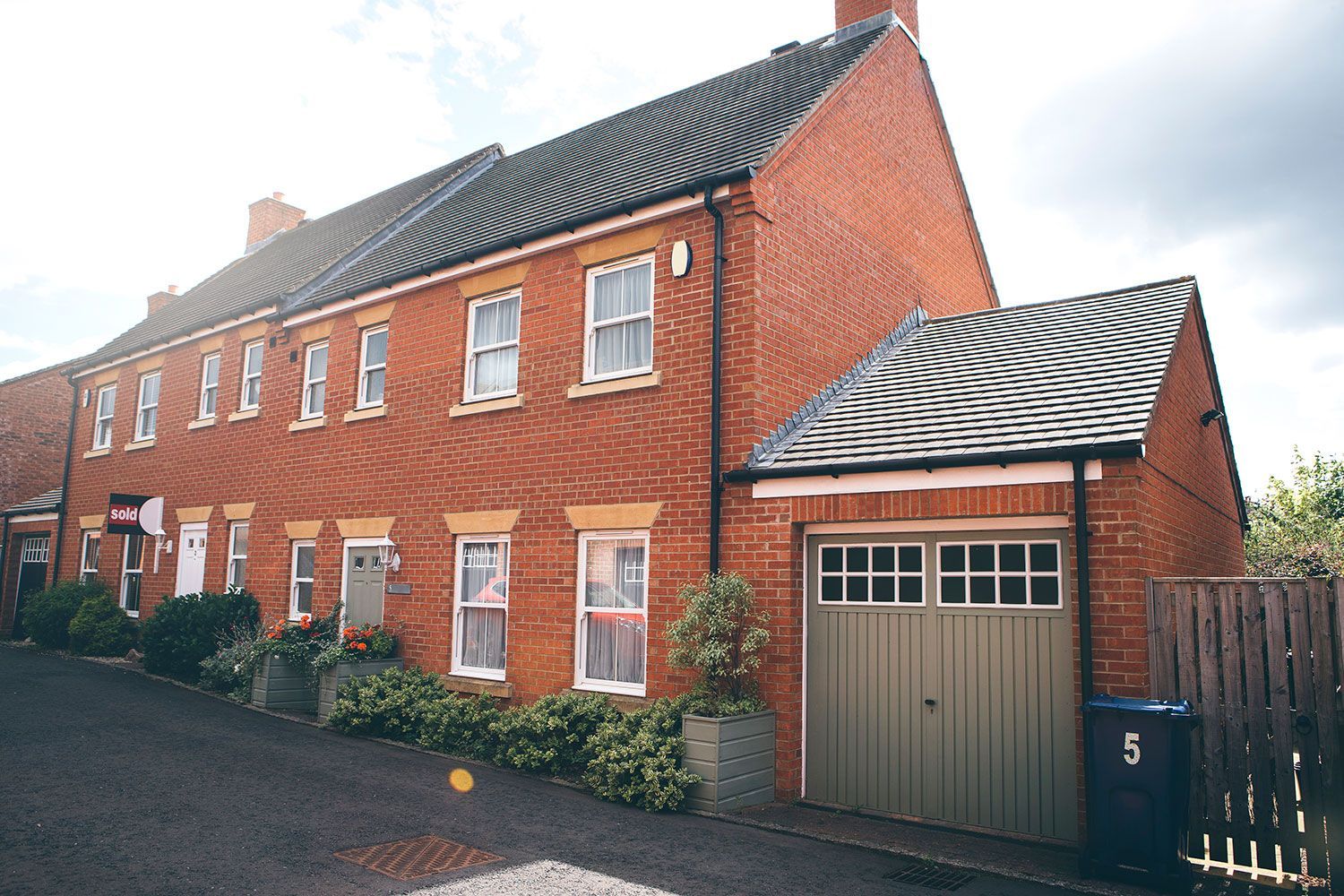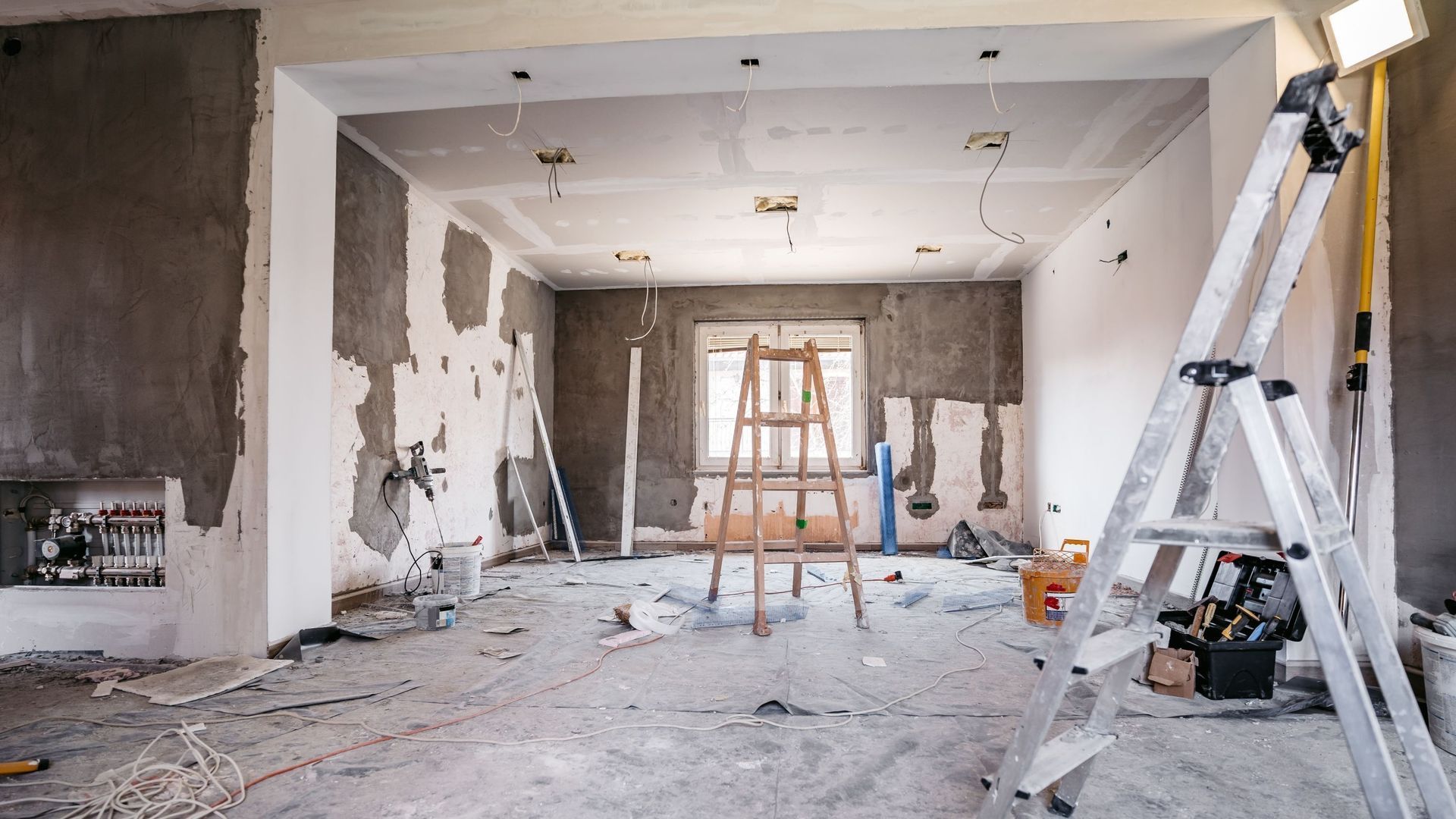Four Common Myths About Asbestos Debunked
After being fully banned in the UK back in 1999, asbestos is no longer a material used in modern construction projects. That doesn’t, however, mean that it’s no longer a material people shouldn’t be concerned about.
Asbestos can still be found in buildings (both domestic and commercial) that were constructed before this ban was put in place, yet many people seem to underestimate the risks it could potentially pose to them. Read on as we highlight these risks by debunking four of the common myths surrounding asbestos.
1 | Only long-term exposure to asbestos is harmful
Many people believe that only those who have been exposed to asbestos over long periods of time, such as factory or construction workers from before the ‘90s, develop severe illness as a result later on. However, this isn’t necessarily the case.
Whilst only a few minutes, hours or even days of exposure aren’t likely to lead to severe illness, short-term exposure can still have an adverse affect on your health. Of course, long term exposure may make someone a higher risk of asbestos-related diseases, however it is high levels of exposure that can impact your health, even if these are experienced over a short period of time.
2 | Only some forms of asbestos are dangerous
Asbestos isn’t a single material; there are actually six mineral varieties of it. These include:
● Chrysotile (white asbestos)
● Crocidolite (blue asbestos)
● Amosite (brown asbestos)
● Tremolite
● Actinolite
● Anthophyllite
Whilst some argue that white asbestos is safe, this isn’t true. It is the least harmful form of all the varieties, however it’s still considered extremely dangerous as all forms are classified carcinogens.
3 | Wearing a dust mask protects you from asbestos fibres
Available at most hardware stores, many believe that a dust mask is enough protection to stop you from inhaling harmful asbestos fibres. Whilst dust masks prevent the inhalation of dust particles, they are not sufficient enough against asbestos fibres, which are significantly smaller than dust particles and so are able to pass through regular dust masks.
As such, only professional asbestos contractors should remove asbestos, as they will have access to the necessary PPE.
4 | Asbestos can be picked up by a standard building survey
While a standard building survey picks up general defects and discusses the overall condition of a property, it does not include a thorough inspection for asbestos. Instead, a specific asbestos survey is required and must be carried out by a qualified asbestos surveyor.
This will give you full reassurance whether or not there is asbestos in your property or the property you’re looking to buy.
Professional Asbestos Services
If you’re concerned about potential asbestos in your property, then reach out to us here at Gowrie Contracts.
With over 30 years of experience, we offer asbestos removal across Scotland, serving areas across Edinburgh, Aberdeen, Perth and more.
Get in touch with us today to discuss how we can help you.
BUSINESS HOURS
- Mon - Thu
- -
- Friday
- -
- Sat - Sun
- Closed
Registered Company Name: Registered Company Name: Gowrie Contracts Ltd
Registered Address: Registered Address: 9 Faraday Street Dryburgh Industrial Estate Dundee DD2 3QQ
Registered Company Number: Registered Company Number: SC311140




